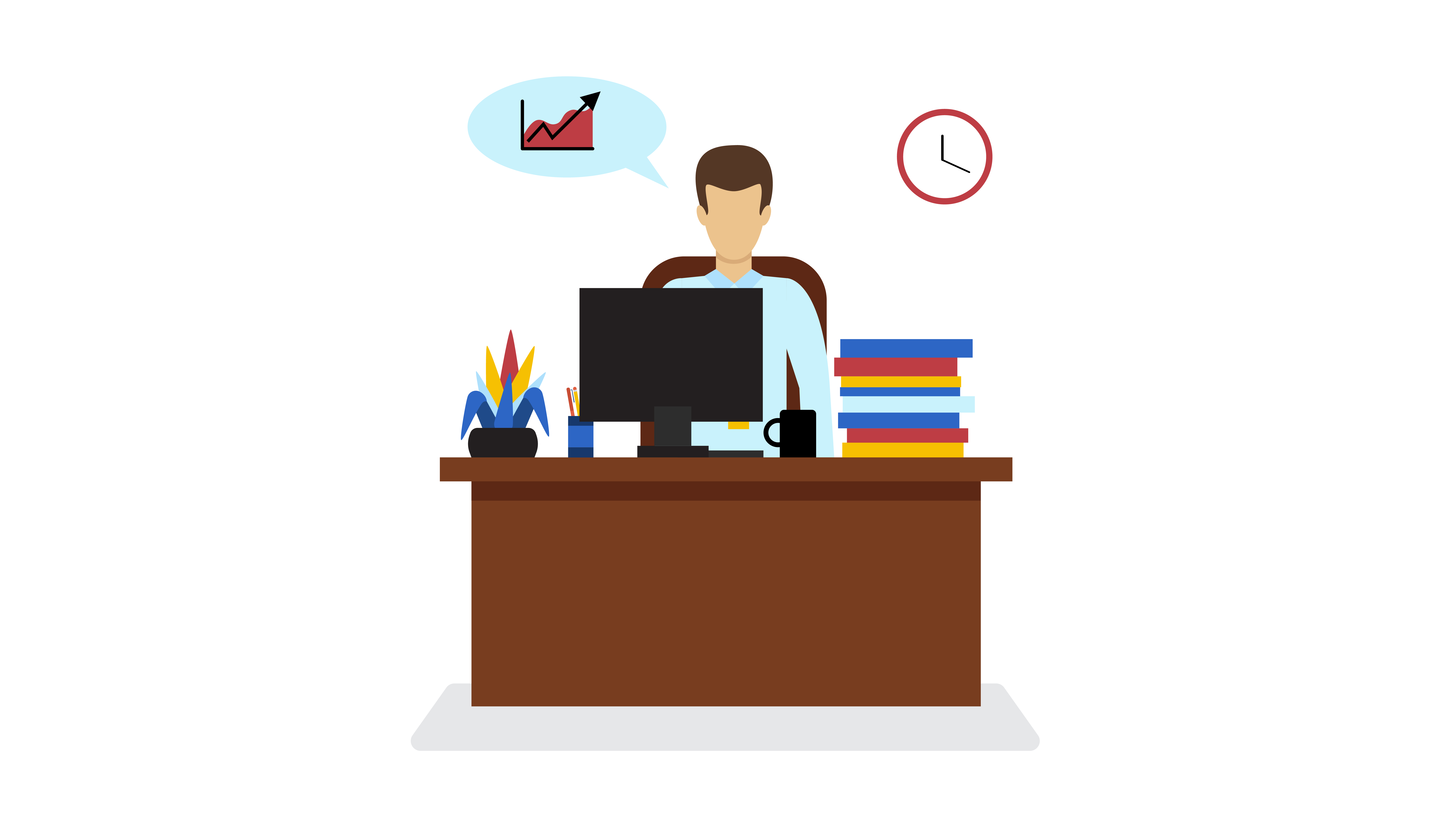All Categories
Featured
Modern organizations need to have an centralized location for customer data platforms (CDPs). It is an essential tool. They provide an enhanced and more comprehensive picture of customers' needs they can use to focus marketing efforts and enhance customer experience. CDPs also offer a range of options, including data governance such as data quality along with data formatting, data segmentation, as well as compliance, to ensure that the customer data is collected, stored and utilized in a secure and organized way. With the capability of pulling data from different APIs and other APIs, the CDP will also allow organizations to make the customer the center of their marketing strategies as well as improve their operations and make their customers feel valued. This article will explore the benefits of CDPs for businesses.
customer data platform
Understanding CDPs: A customer data platform (CDP) is a computer program that allows organizations to gather information, manage, and store customer data in a single place. This gives you a greater and more complete picture of your customer and allows you to target marketing and personalize customer experiences.
-
Data Governance Data Governance: One of the primary aspects of a CDP is its ability to categorize, safeguard, and regulate information being integrated. This involves profiling, division and cleansing of incoming data. This will ensure that the business adheres to data laws and policies.
-
Data Quality: It is essential that CDPs ensure that the data they collect is of high-quality. This means that the data has to be entered correctly and adhere to the required quality standards. This reduces the expenses associated with cleaning, transformation, and storage.
-
Data formatting Data formatting CDP can also be used to ensure data follows a defined format. This ensures that different types of data like dates match across customer information and that data is entered in a rational and consistent manner. cdp analytics
-
Data Segmentation Data Segmentation: The CDP allows you to segment customer data in order better understand your customers. This lets you examine different groups against one another to determine the right sample distribution.
-
Compliance The CDP allows organizations to handle customer information in a regulated way. It permits you to define safe policies and classify information based on the policies. It can also help you identify compliance violations while making decisions about marketing.
-
Platform Selection: There are many kinds of CDPs to choose from which is why it is essential to be aware of your specific needs for deciding on the best platform. This is a must when considering options like data privacy , as well as the ability to pull data from different APIs. customer data platform definition
-
Making the Customer the Center: A CDP allows for the integration of actual-time customer information. This allows for immediate accuracy, precision, and unity which every department in marketing needs to increase efficiency and connect with customers.
-
Chat Billing, Chat, and More With CDP, you can get the information you need for billing, chats, and more. CDP, it is easy to get the context you require to have a productive discussion, whether it's previous chats, billing, or more.
-
CMOs and big data 61% of CMOs feel they're not using enough big data, according to the CMO Council. The 360-degree view of the customer provided by a CDP is a fantastic approach to address this issue and enable better marketing and customer engagement.
With many different kinds of marketing technology out there every one typically with its own three-letter acronym you might wonder where CDPs come from. Although CDPs are among today's most popular marketing tools, they're not an entirely new concept. Rather, they're the current action in the evolution of how online marketers handle client data and client relationships (Cdp Product).

For the majority of marketers, the single biggest value of a CDP is its ability to segment audiences. With the capabilities of a CDP, online marketers can see how a single customer interacts with their business's various brand names, and determine chances for increased customization and cross-selling. Of course, there's a lot more to a CDP than division.
Beyond audience segmentation, there are three huge reasons that your business may want a CDP: suppression, personalization, and insights. One of the most fascinating things online marketers can do with data is identify consumers to not target. This is called suppression, and it's part of providing really customized customer journeys (Cdp Define). When a customer's unified profile in your CDP includes their marketing and purchase information, you can suppress advertisements to clients who have actually currently purchased.

With a view of every consumer's marketing interactions connected to ecommerce information, site sees, and more, everyone throughout marketing, sales, service, and all your other groups has the opportunity to understand more about each customer and provide more individualized, appropriate engagement. CDPs can help marketers address the source of much of their biggest daily marketing issues (Customer Data Platform).
When your data is detached, it's more challenging to understand your clients and create meaningful connections with them. As the variety of information sources used by marketers continues to increase, it's more important than ever to have a CDP as a single source of fact to bring it all together.
An engagement CDP uses customer data to power real-time personalization and engagement for clients on digital platforms, such as websites and mobile apps. Insights CDPs and engagement CDPs comprise most of the CDP market today. Very few CDPs consist of both of these functions similarly. To select a CDP, your business's stakeholders must consider whether an insights CDP or an engagement CDP would be best for your needs, and research study the couple of CDP choices that consist of both. Cdp Customer Data Platform.
Redpoint GlobalLatest Posts
The Benefits of Real-time Data Analysis with a CDP
CDPs and the Role of Data Privacy
The Benefits of Pulling Data from Other APIs with a CDP